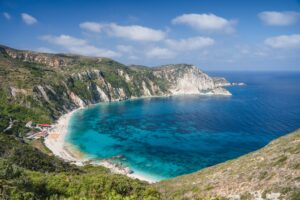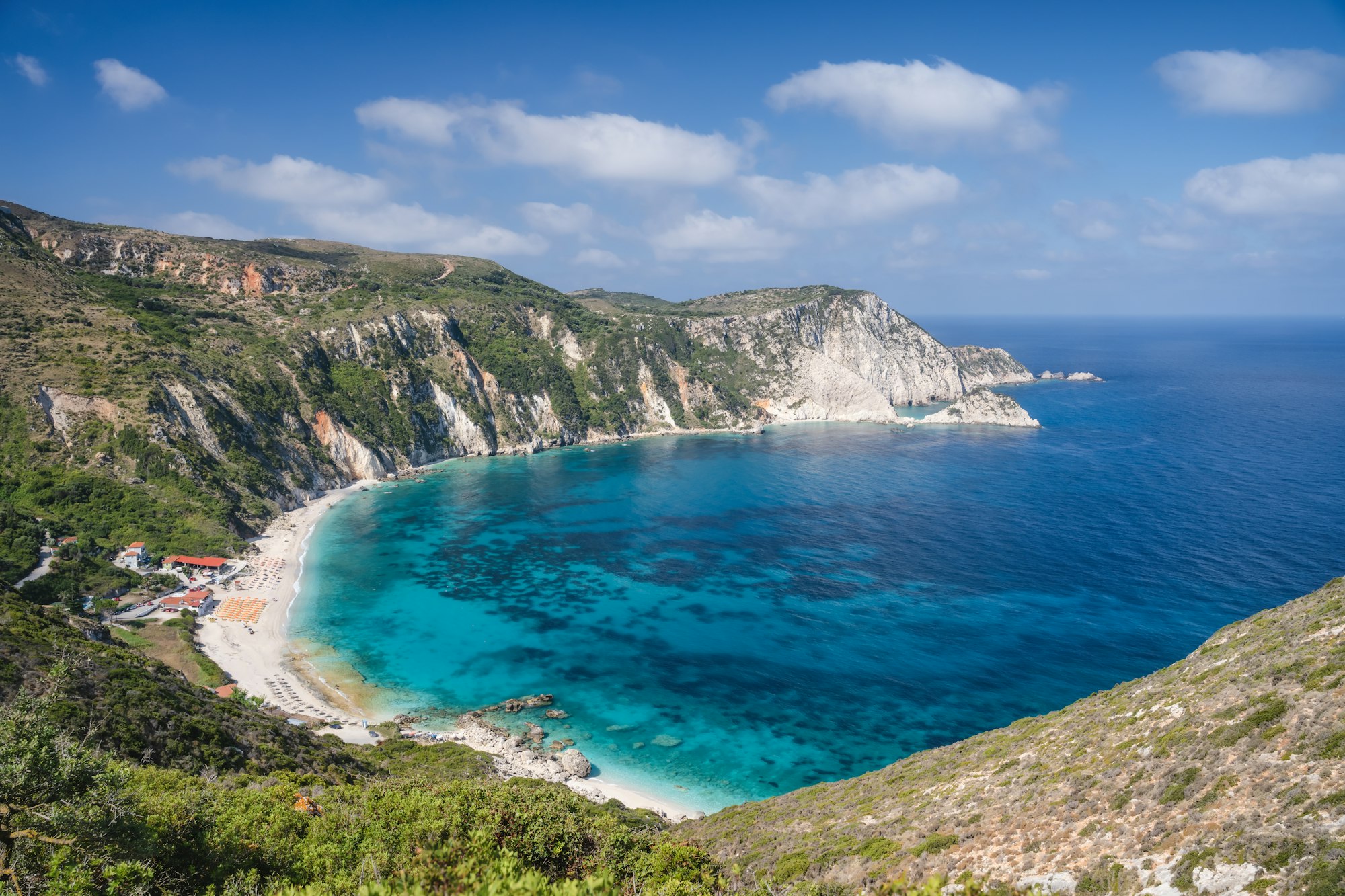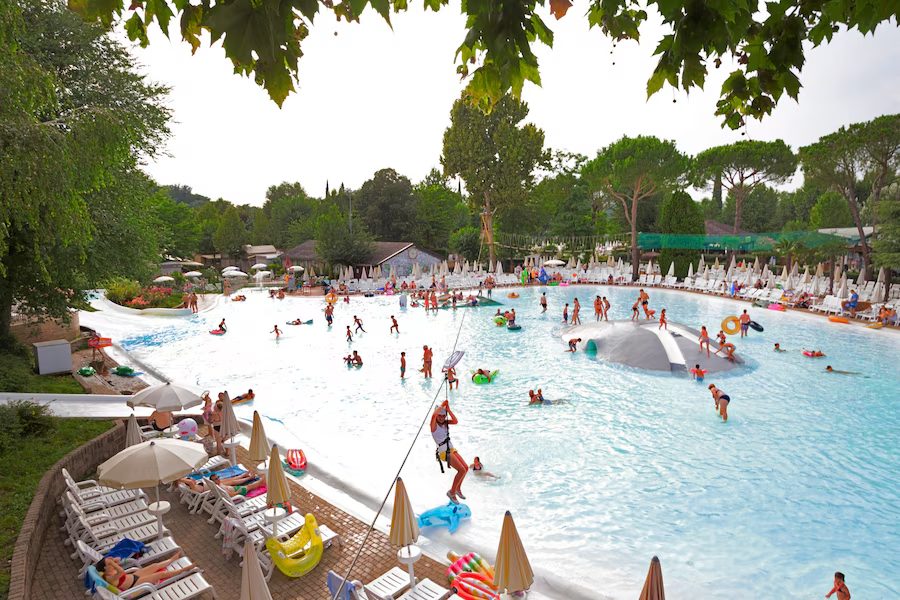Visiting Nigeria offers a unique opportunity to explore a blend of natural beauty and cultural richness. The best time to visit Nigeria in 2024 promises ideal weather conditions and a host of exciting activities and festivals. Whether you’re looking to delve into the history, indulge in local culinary delights, or simply relax amidst stunning landscapes, Nigeria has something to offer every type of traveler. This guide provides essential tips and insights to help you make the most of your visit during the optimal travel period.
TLDR;
ToggleBest Month to Visit Nigeria in 2024
The best time to visit Nigeria is during the dry season, which runs from November to March. This period offers warm, dry weather that is ideal for exploring the country. The temperatures are comfortable, ranging from 65°F (18°C) to 106°F (41°C) depending on the region (Travellers Worldwide) (Time Travella). This season also coincides with numerous cultural events and festivals, providing a rich cultural experience.
Best Time of Year to Visit Nigeria in 2024
For budget travelers, the least busy time is from March to September, when the rainy season reduces tourist numbers and lowers accommodation costs. However, the dry season from November to March is considered the best overall due to favorable weather conditions and fewer weather-related disruptions (Travellers Worldwide) (Trek Zone).
Top 50 Places to Visit in Nigeria
Lagos – Nigeria’s bustling economic hub.
Abuja – The capital city known for its modern architecture.
Yankari National Park – Famous for its wildlife and natural springs.
Olumirin Waterfalls – Stunning waterfalls located in Erin-Ijesha.
Ibadan – One of the largest cities with a rich cultural heritage.
Port Harcourt – Known for its oil industry and vibrant nightlife.
Calabar – Famous for its annual carnival and beautiful scenery.
Jos – Offers cooler climate and beautiful rock formations.
Kano – Rich in history with its ancient city walls and markets.
Enugu – Known as the “Coal City” with scenic landscapes.
Kaduna – A cultural hub with diverse ethnic groups.
Abeokuta – Home to the famous Olumo Rock.
Benin City – Known for its rich history and bronze artworks.
Ado Ekiti – Famous for its hills and historic sites.
Makurdi – The capital of Benue State with beautiful river views.
Zaria – Known for its ancient city and Ahmadu Bello University.
Nsukka – Home to the University of Nigeria.
Warri – An oil-rich city with vibrant culture.
Minna – Known for its beautiful landscapes.
Lokoja – The confluence of Nigeria’s major rivers, Niger and Benue.
Sokoto – Known for its historical and religious significance.
Onitsha – Famous for its market, one of the largest in West Africa.
Oshogbo – Known for the Sacred Grove, a UNESCO World Heritage site.
Awka – The capital of Anambra State.
Bauchi – Gateway to Yankari National Park.
Gombe – Known for its picturesque hills.
Asaba – Located along the Niger River.
Uyo – The capital of Akwa Ibom State.
Katsina – Rich in history and culture.
Ile Ife – Known as the cradle of the Yoruba civilization.
Maiduguri – The capital of Borno State.
Ogbomosho – A significant city in Oyo State.
Ilorin – Known for its pottery and traditional architecture.
Calabar – The Calabar Carnival is a must-see.
Jalingo – The capital of Taraba State.
Damaturu – Known for its serene environment.
Ekiti – Famous for its hills and warm hospitality.
Akure – The capital of Ondo State.
Kogi – Rich in historical sites.
Niger – Home to the Gurara Falls.
Oyo – Known for its historical sites.
Taraba – Known for its diverse cultures.
Kebbi – Famous for the Argungu Fishing Festival.
Ebonyi – Known for its salt lakes.
Bayelsa – Rich in natural resources.
Cross River – Known for its beautiful landscapes.
Ekiti – Home to the warm springs of Ikogosi.
Ogun – Known for its industrial estates.
Anambra – Rich in cultural heritage.
Osun – Known for the Osun-Osogbo Sacred Grove.
Travel Tips
Safety: Always stay informed about the security situation in Nigeria. Some areas are safer than others, so plan your itinerary accordingly.
Health: Ensure you are vaccinated against common diseases such as yellow fever. Malaria prophylaxis is also recommended.
Transport: Nigeria has a well-connected network of flights, buses, and car rentals. However, road conditions can vary, so plan accordingly.
Cultural Etiquette: Nigerians are known for their hospitality. Respect local customs and dress modestly, especially in rural areas.
Currency: The Nigerian Naira (₦) is the local currency. Credit cards are accepted in major cities, but carry cash for smaller towns.




